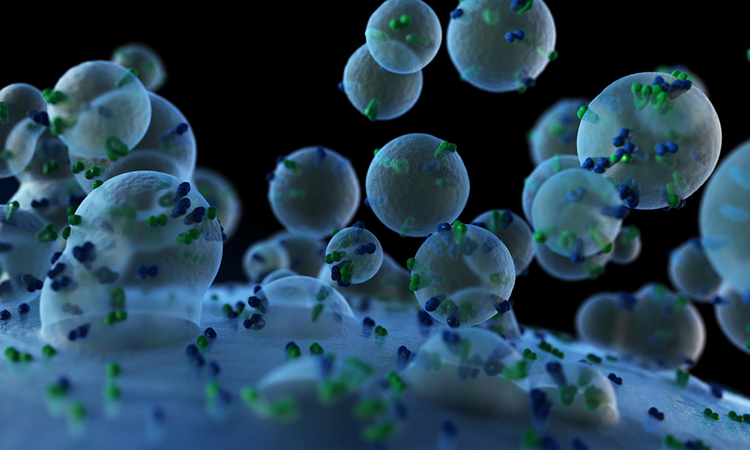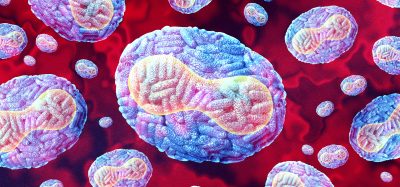Extracellular vesicles: a new target for understanding endocrine disorders
Posted: 21 April 2022 | Ria Kakkad (Drug Target Review) | No comments yet
Scientists at the Endocrine Society have found extracellular vesicles may offer new insights into treating endocrine disorders.


During the last decade, endocrine researchers have shown great interest in extracellular vesicles and their hormone-like role in cell-to-cell communication. A new study published in Endocrine Reviews highlighted the importance of extracellular vesicles as a new research target for understanding the causes and finding new treatments of certain endocrine disorders such as cancer and diabetes. The statement provides insight into the functions of extracellular vesicles, which are secreted from all cells into biological fluids and carry endocrine signals that allow interactions between cells and distant sites in the body.
“We are really excited about this new area of research that can help us better understand how people develop common endocrine conditions such as diabetes, obesity and cancer,” said Dr Carlos Salomon, Associate Professor at the University of Queensland, Australia. “The statement highlights the likely uses of extracellular vesicles in detecting and monitoring disease progression and their role as next-generation drug delivery vehicles.”
Extracellular vesicles can help researchers better understand how to diagnose endocrine-related conditions including cancer and predict its progression. The role of extracellular vesicles as a cancer biomarker may extend to predicting real-time response to therapy. These vesicles are also involved in understanding the cause and treatment of diabetes, obesity and heart disease. Recent studies have shown the potential of extracellular vesicles, particularly ones derived from stem cells, in treating diabetes. Research into the vesicles provides insights into the causes of insulin resistance and glucose intolerance in obesity.
Furthermore, extracellular vesicles play an vital role in the development of heart disease and could be useful for predicting issues. They also serve as biomarkers for high blood pressure and could have a therapeutic and blood pressure-lowering role.
“We hope this statement brings awareness to the significance of extracellular vesicles in endocrinology and encourages more research on their potential as biomarkers and therapeutics,” concluded Salomon.
Related topics
Disease Research, Drug Delivery, Drug Discovery, Drug Discovery Processes, Targets, Therapeutics
Related conditions
Cancer, Diabetes, endocrine disorders, High blood pressure, Obesity
Related organisations
Endocrine Society, Queensland University
Related people
Dr Carlos Salomon








